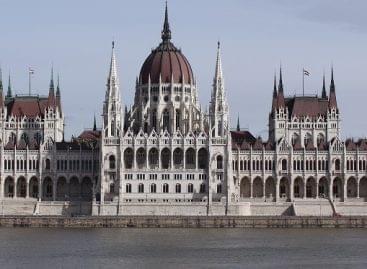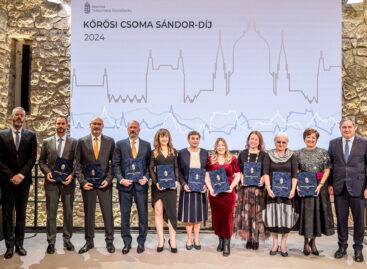Travel 2040 – a Climate Emergency to Force a Revolution in the Industry
As a result of Coronavirus (COVID-19), almost 60% of consumers said that they will reduce their international travel in the short to mid-term. The good news for the travel industry, but less so for the planet, is that consumers will eventually return to international travel over the long term, according to a Euromonitor International Voice of the Industry Survey from April 2020. The need to reduce carbon emissions whilst kickstarting aviation and tourism is at the heart of the global pandemic recovery effort, a dichotomy which is trying to balance economic, social and environmental concerns.
As the deadline for the United Nation’s Sustainable Development Goals approaches 2030 and the need to reach net zero carbon emissions intensifies, the travel industry’s focus will gradually shift away from health and safety protocols to the looming climate emergency. Younger generations, such as millennials and Generations Z and Alpha, are more engaged with the climate emergency than other age groups. They will help bring about the radical change in behaviour and attitudes as to how and why people travel.
The future travel experience will be personalised, delivering seamless and safe services that are high value, low touch and consumer-centric, thanks to an accelerated digital transformation post-pandemic. These new advances in technology will usher in a new era of automation, requiring upskilling for employees to provide greater levels of high-quality service. Tracking climate impact across consumers, brands and destinations will be critical for building resilience, agility and speed to combat future risks and accelerate the green transition.
This white paper outlines a vision for how consumers will book and experience travel in 2040, exploring how technology and the need for sustainability could change the travel experience over the next 20 years. In particular, this analysis will focus on the future of travel — exploring what online travel agents, urban mobility, air travel and hotels will look like.
Related news
Márton Nagy: tourism in Hungary is divisive
Hungarian tourism is booming, Ferihegy is the fastest growing airport…
Read more >Szallas.hu: a quarter of domestic bookings in the autumn were paid with SZÉP cards
A quarter of the total value of online payments related…
Read more >Nine distinguished individuals received the highest state award in tourism
The Sándor Kőrösi Csoma Awards, which can be awarded in…
Read more >Related news
The Joy of Giving! – SPAR stores collect non-perishable food for people in need
The Hungarian Maltese Charity Service and SPAR Hungary have launched…
Read more >Technological advancements and business travel
The latest research from International Workplace Group (IWG), the leading…
Read more >K&H: a gift, but what and from which store?
When it comes to Christmas gift-giving, clothes are the most…
Read more >








